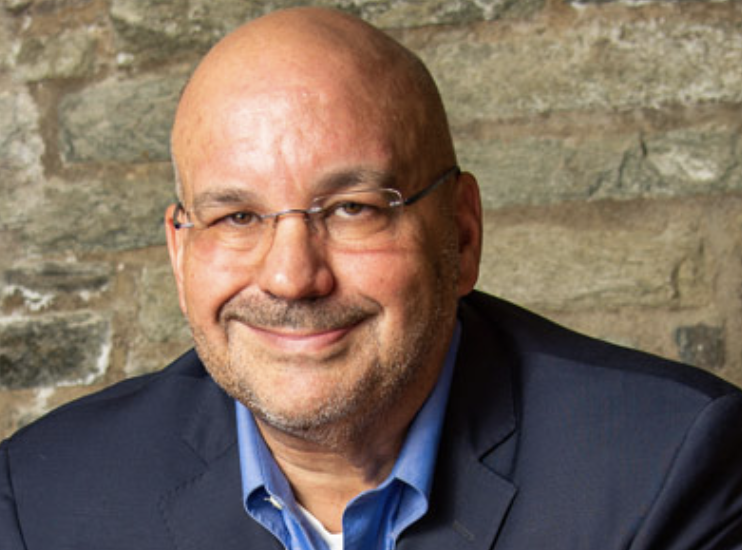Preparing for divorce is not easy and this can especially be true if you are not the party who wants divorce. However, when you work to synchronize between your legal and mindset goals, opportunities open, old wounds can heal, and there is a structure ready to sustain a successful transition from your current married state. How do you get there, legally speaking?
What Structure for Divorce Is Best?
What structure best serves you achieving your goals, individually and as a family system? The method selected for your divorce should demonstrate that this will be a fair and equitable process. Working closely with legal counsel and a divorce coach with referrals to financial and therapeutic providers as needed, you can help design a process that works best for you. You can use this time period to your advantage when you have the right team by your side. You can learn the art and skill of listening and understanding the other’s needs, as required. This understanding informs how the decision-making process unfolds and shapes the marital separation agreement. The marital separation agreement is the legal document that captures all the agreements during the divorce.
Divorce Mediation or a Cooperative Negotiated Divorce Lowers Conflict
The mediated solution is most appropriate when there is equilibrium in the power balance between spouses. Each spouse has the capacity to speak their own truth, articulate what they need, have enough self-awareness to recognize the interests and concerns of the other without necessarily agreeing. A mediated solution can utilize other experts in the community such as a financial planner or neutral, divorce coach/parent coach, therapist, mortgage broker, realtor, business valuators, etc. As needed, and for potential power imbalances, the mediated divorce can add separate counsel for each party too so that each spouse feels a clear understanding of their rights in the process. The marital separation agreement can still be shaped by a more cooperative process than one that is litigated, that is, court driven.
Custody Matters and Should Be Carefully Planned
A mediator may work with the parents to develop a parenting plan that identifies issues concerning legal and physical custody. How custody gets established often shapes the outcome and direction of the process. Often, a divorce coach may also help as this professional may have certification as a parenting coordinator which allows them expertise in custody arrangements too. It is very often a good idea to consult a professional about what is best for the children, including the parents’ cooperation level, to shape these decisions. Data shows it may be important to children’s development to share legal and physical custody. This may allow each parent to maintain and strengthen their relationship with their children. Of course, there are exceptions to this standard particularly around any form of abuse, neglect, orabandonment within the current family system. The parenting plan addresses how all the care, education, financial needs, and holiday/vacation shared schedules are resolved while balancing the interests of Mom, Dad and Children.
How You Divide Property Matters Too and De-escalating Conflict is Possible
In divorce mediation the next step is addressing real property, retirement assets, savings, family-owned businesses, vehicles, vacation property and personal property. Maryland is an equitable distribution state using a standard of fairness in how the Courts divide property which means it doesn’t have to be equal to be fair. Of course, you want to avoid court as someone else making these decisions for you is unlikely to make anyone feel the process is fair. Once these sets of issues are resolved, the Child Support Guidelines are used to determine how much child support will be necessary to keep the family healthy and well through this transition and future state. The question of spousal support will also be addressed.
What Legal Method Is Best In Your Divorce?
There is direct evidence that the psychological benefits of a mediated or cooperative process in divorce outweigh the highly intense and often destructive nature of litigation. It is better, in the end, to decide on the front end of the process how to shape your future rather than let a stranger with no knowledge of your family do so. Avoiding court saves you and your family system money and emotional anguish. Think carefully about your legal and emotional needs in divorce. Getting support early can help the outcome.

Mr. Shapiro lives in the Kentlands, and has a family law practice in Rockville, Maryland. You can reach Mr. Shapiro at (301)760-7999 or SShapiro@SA-Shapiro.com, see also, www.ResolutionMatters.com.


